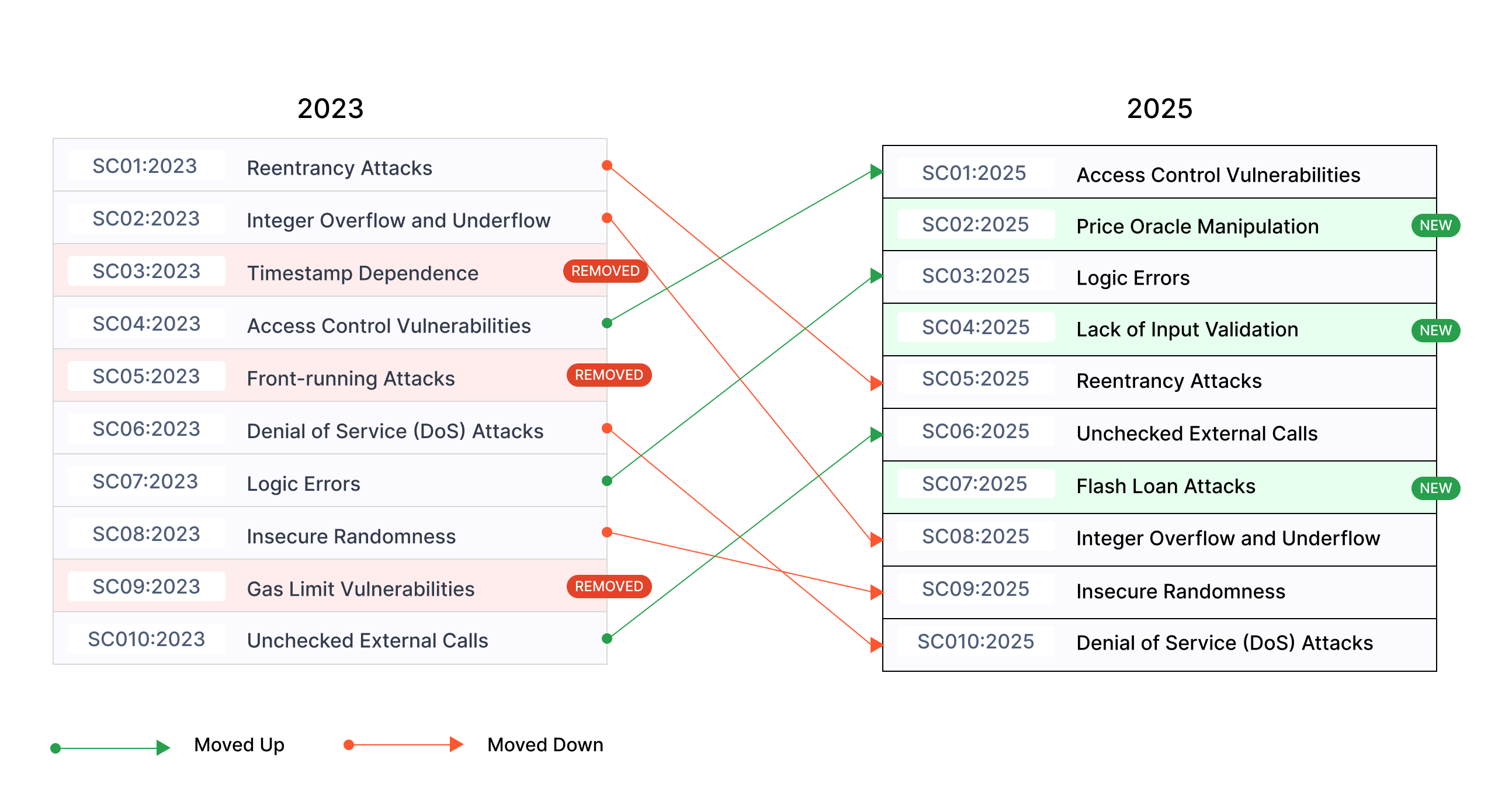Hookup Check: Your Ultimate Dating Resource
Explore insights, tips, and advice for modern relationships and hookups.
The Fairness Factor: Why Smart Contracts Need a Moral Compass
Discover why smart contracts must embrace ethics. Explore the crucial link between fairness and technology in The Fairness Factor's captivating insights!
Understanding Smart Contracts: The Ethical Implications of Code-Driven Agreements
Understanding Smart Contracts requires not only a grasp of their functionality but also an examination of the ethical implications that arise from code-driven agreements. Smart contracts are self-executing agreements with the terms of the contract directly written into lines of code. While they offer numerous benefits such as enhanced efficiency, transparency, and reduced fraud, they also pose significant ethical challenges. For instance, the automation inherent in these agreements can lead to situations where the accountability and intention of the parties involved are obscured, raising questions about justice and fairness in automated decision-making.
Moreover, the ethical implications of smart contracts extend to issues of inclusivity and accessibility. Code-driven agreements might be difficult for those without technical knowledge to understand, potentially sidelining individuals who cannot navigate the complexities of blockchain technology. This lack of understanding can lead to unintended consequences, where individuals may unknowingly enter into agreements that do not align with their interests. Therefore, it is critical for developers and policymakers to address these ethical concerns, ensuring that smart contracts do not perpetuate inequality but rather promote a fair and equitable digital economy.

Counter-Strike is a popular first-person shooter game that pits teams of terrorists against counter-terrorists in various objective-based game modes. Players can enhance their experience and gain advantages through various promotions, such as using the bc.game promo code for exclusive in-game benefits. With its competitive gameplay and strategic depth, Counter-Strike continues to be a staple in the gaming community.
Can Smart Contracts Be Fair? Exploring the Need for Ethical Guidelines
The concept of smart contracts has gained significant traction in recent years, offering a new paradigm for digital agreements that are self-executing and trustless. However, the question arises: can smart contracts be fair? While the code is often viewed as immutable and objective, the embeds decisions and assumptions can be influenced by human biases during the design and implementation phases. This raises the need for ethical guidelines to ensure that these contracts do not inadvertently perpetuate inequalities or unjust outcomes. Stakeholders must be aware of the broader implications of their code, emphasizing the importance of incorporating fairness as a primary consideration in the development process.
To navigate the complexities of smart contracts and their potential biases, the establishment of ethical guidelines is essential. These guidelines should address various aspects, such as transparency, accountability, and inclusivity, to foster trust among users. Here are some key considerations that should be included in these guidelines:
- Transparency: Ensuring that the code and its functionality are accessible and understandable to all parties involved.
- Accountability: Creating mechanisms to hold developers responsible for the outcomes of their smart contracts.
- Inclusivity: Designing contracts that consider diverse perspectives and do not disproportionately benefit one group over another.
By implementing robust ethical standards, the community can work towards developing fair smart contracts that promote social equity and trust in this innovative technology.
How Do Moral Values Influence the Development and Implementation of Smart Contracts?
The integration of moral values into the development and implementation of smart contracts poses a profound impact on their effectiveness and acceptance within society. Smart contracts, which are self-executing agreements with the terms directly written into code, rely heavily on the foundation of trust and ethics established by their creators. Developers who prioritize moral values ensure that the contracts are designed to promote fairness, transparency, and accountability. For instance, by embedding ethical considerations, such as compliance with legal standards and equality in terms, these contracts can reduce instances of fraud and enhance user confidence.
Moreover, the role of moral values extends beyond the technicalities of coding to encompass the societal implications of smart contracts. The success of these contracts is contingent upon the understanding and acceptance of their ethical framework by all stakeholders involved. As organizations adopt blockchain technology, they must engage in discussions on how moral values can shape policies and best practices. By fostering a culture of ethical reflection, developers and users alike can ensure that smart contracts not only fulfill their intended functions but also align with the broader principles of justice and equity in their application.